Paediatric Podiatrist Sydney
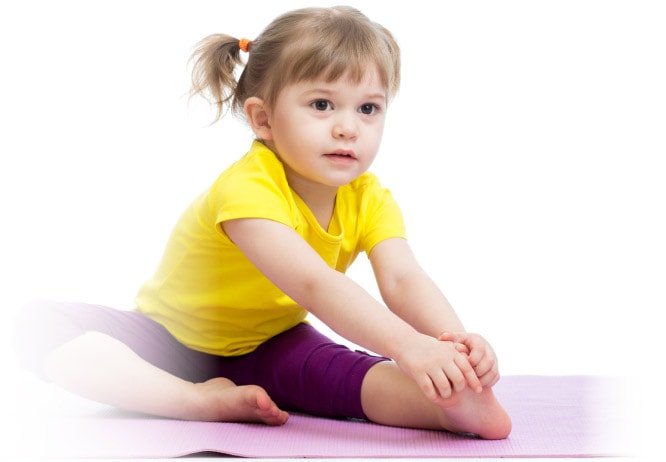
Dr Louise is one of the very few children’s podiatrists who is an expert in Children’s foot and leg problems in Sydney.
If you have any concerns or questions about your child’s feet/ legs, book an appointment with our paediatric podiatrist in Sydney today!
It is better for us to assess the lower limb/feet than for you to worry about the problem and try to ‘Google or Wikipedia diagnose’
This is what we are best at, so instead of worrying, just make an appointment!
Children’s feet are different from adult’s feet, they are not fully formed
It is essential that your child is assessed and treated by the top paediatric podiatrist in Sydney, who is an expert in children’s feet. This is what we do all day, every day!
Sydney’s Best Clinic in solving Heel & Foot Pain
We are a RESULTS based clinic, we focus on solving YOUR heel or foot problem!
Over 15 years of experience, conference lecturing, University lecturing and tutoring, we are focused on SOLUTIONS that work & are practical!
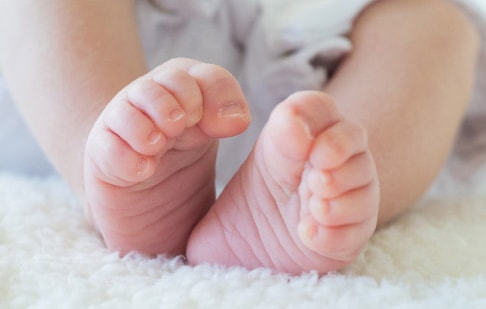
Development of Childrens’ Feet
At 6 months of age the foot is still mostly cartilage
The final bone in the foot does not start to form from cartilage until 3 years
By 18yrs (an adult) most bones in the body are fully formed
A child’s foot is flexible, therefore easily damaged from abnormal pressure
Shoes that are too small can damage a child’s foot
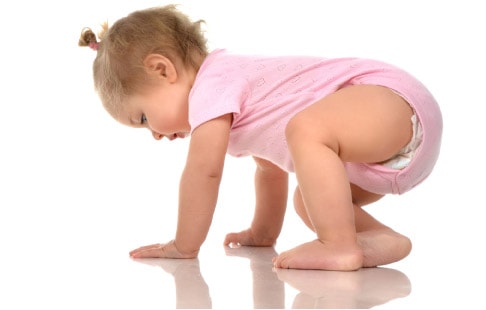
Lil Bubba’s
An infant’s foot should not be constrained
Balance is easier without footwear
All-in-one suits should be loose around the feet
Allowing the infant to kick freely is important for muscle development in the feet and legs
Walking Stage
Walking usually begins between the ages of 10 to 24 months of age.
Each child is unique in their walking development and if you are worried, contact our podiatry pediatric Sydney clinic at (02) 9922 3771 or make an appointment online.
The usual sequence is lying to sitting, crawling, standing, cruising, walking, running and then hopping. However it is not always in this sequence.
Some children walk with their toes pointing inwards (in-toeing) and some outwards (out-toeing), others walk on their toes (toe-walking). If you are concerned about your child demonstrating these activities then contact our pediatric foot doctor Sydney and make an appointment.
When your bubba begins to walk, shoes are not necessary inside the house.
Allowing babies to walk barefoot or just socks, helps the foot to grow normally and allows the natural grasping action of toes on the floor.
Most children grow out of in-toeing, out-toeing and toe-walking by 24months of age, however in most cases parents bring their children in for a check-up just in case, to test their joint ranges of motion in their feet and to pick up any problems very early.
Toe-walking is not a ‘normal’ occurrence and should be assessed.
Studies show an estimated 10-20% of children have flat feet.
Flat feet in children are not necessarily a problem.
If you are concerned about your child’s flat feet contact our podiatry pediatric clinic in Sydney and we will perform a complete lower limb biomechanical assessment.
If the feet/ legs / knees/ hips are causing pain, discomfort or affecting mobility then contact our child foot specialist in Sydney and make an appointment.
If a child is experiencing ‘growing pains’ then a lower limb biomechanical assessment should be considered immediately.
Growing Feet – Yep They Are Expensive
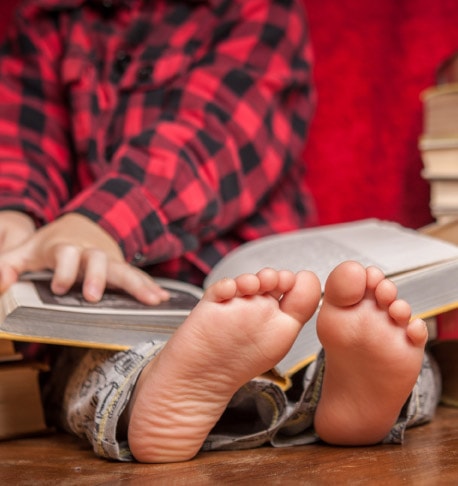
A child’s foot will double in size by the age of one year
The foot is approximately half its adult length by 18 months of age
Between the ages of 5 and 12 years, the growth is approximately 9mm per year
An adult’s foot size is usually between 12 and 14 years of age
Socks and shoe sizes need to be changed frequently to accommodate rapidly growing feet
Check shoe sizes every 1-3 months up to the age of 3 years, every 4 months then to the age of 5 years, every 6 months from 5 years onwards
It is important that a shoe is fitted by a fitting specialist in children’s footwear to avoid discomfort and injury
Always measure and fit a shoe with the child standing, as the foot spreads on weight-bearing
What to look for in a good Child’s Shoe & the Fit
Designed to protect the foot
Straight last
Broad toe box
Lace, buckle or Velcro fastening (not slip on)
Good sturdy heel counter
Stiff upper and sides
Flexible and sturdy sole
Covered toe box
A little room for forward, backwards and side movements
Room for growth (but not an excessive amount
Always have to foot measured in width and length
The shoe should follow the natural shape of the foot, especially around the toes
Ensure there is about 10mm of growing room from the end of the longest toe to the end of the shoe
The shoe should be comfortable around the heel, not too tight or loose
Skin & Nail Care for Children
Cut nails straight across
When skin and nail conditions occur for longer than one week, contact our paediatric podiatry clinic and book online for an assessment
Common children’s conditions include:
In-growing toe nails
Flaky toe nails
Athletes foot (tinea pedis)
Warts (verucca / plantar warts)
Ringworn (fungal infections)
Sever’s condition
Heel pain
Toe walking
Flat feet
Rolled in arches
Knock knees
Shin pain
Knee pain
Osgood Schlatters
Heel Pain
Occurs during growth stages
Usually between the ages of 8 and 13 years of age
Occurs with an increase of sporting activities
If it is limiting activity or occurs often, that is when to book into our pediatric podiatrist clinic in Sydney
Is usually at the back of the heel where the Achilles tendon inserts or at the base of the heel where the foot touches the ground.
Osgood Schlatters
Painful knee condition that tends to affect adolescents.
The tendon that attaching the quadriceps muscles to the shin bone becomes tight and causes inflammation and micro-fractures in the tibial tuberosity.
Most commonly affects active children aged 10 to 15 years.
Boys are more often affected than girls.
It often occurs during a growth spurt and is associated with physical activity.
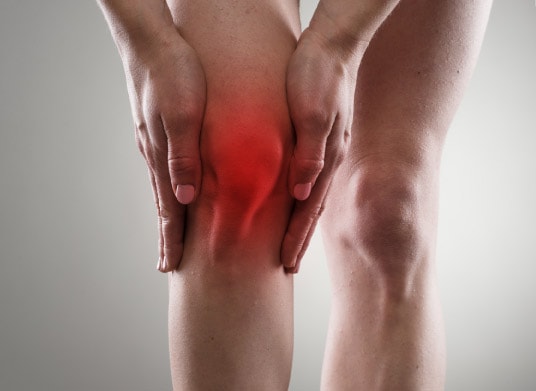
When to take my child to see the podiatrist’s at barefeet podiatry
If you notice the following problems with your child:
Pain
Flat feet
Feet ‘rolling in’
Bowed legs
Knock knees pain
Foot, leg or heel pain
Skin rashes, hard skin, lumps, bumps on the feet
Tripping or stumbling
Toes turning in (pigeon toes)
Walking on toes
Top of foot pain
Ball of foot pai
Calf pain / problems
Achilles pain / problems
Side of the leg pain
Thigh pain
Toe issues – hammer toes, clawed toes
Buinions
Wear on the bottom of the shoes
 Schedule an Appointment
Skip to content
Schedule an Appointment
Skip to content

 Schedule an
Schedule an 






